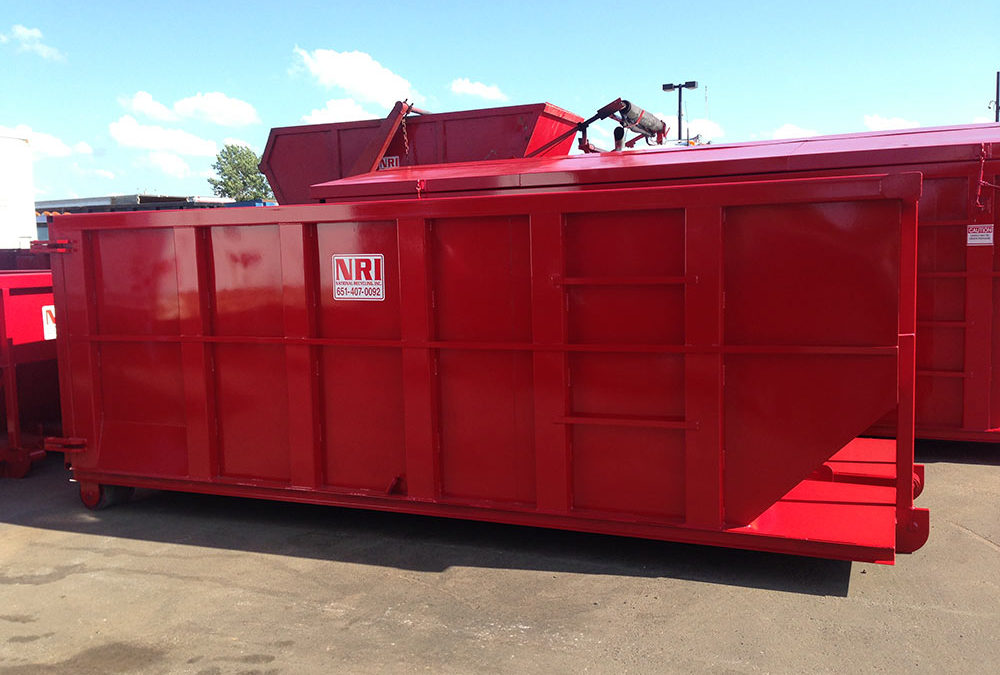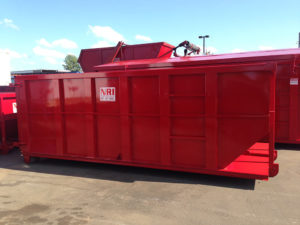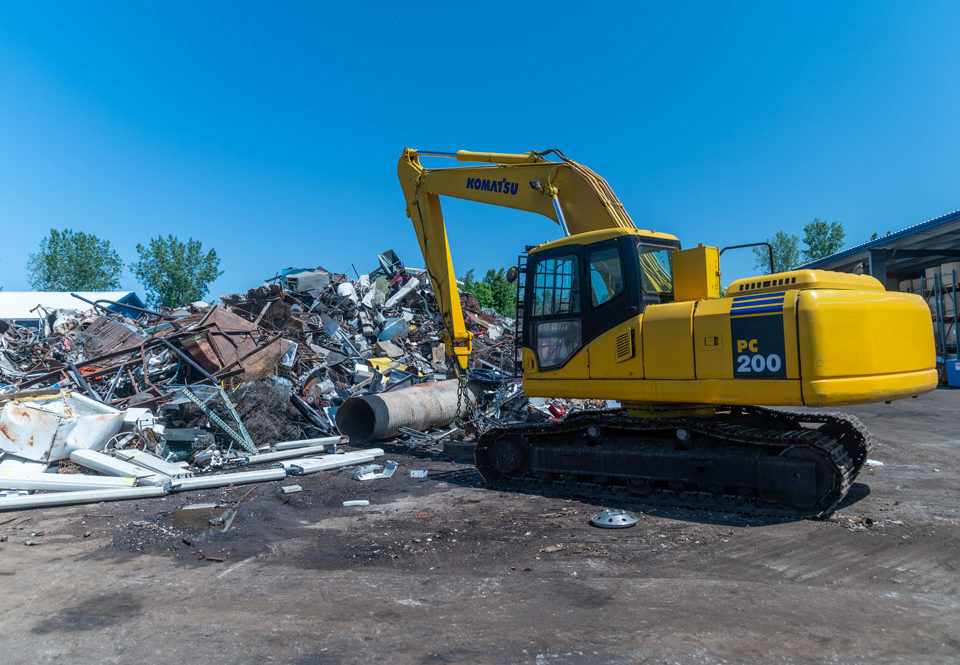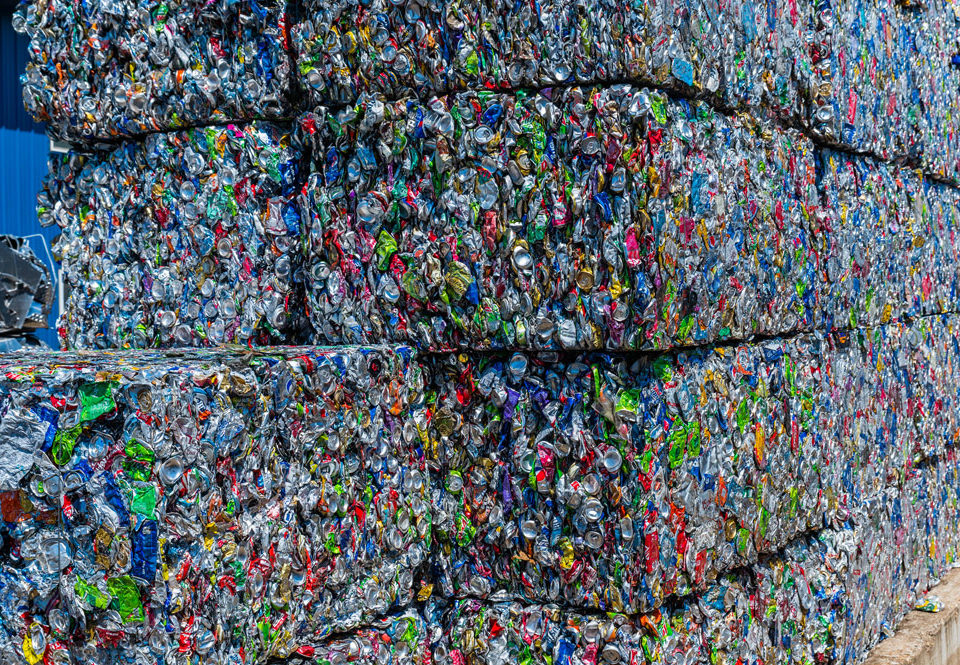
 More and more people are learning about what goes in their household recycling bins in Minnesota as they embrace their role in reducing the impact they have on the environment. Residential recycling is important, but industrial recycling should not be underestimated.
More and more people are learning about what goes in their household recycling bins in Minnesota as they embrace their role in reducing the impact they have on the environment. Residential recycling is important, but industrial recycling should not be underestimated.
Resources Can Be Preserved Through Recycling
Recycling is important for a number of reasons. When waste is disposed of in landfills, it can release harmful greenhouse gasses and chemicals into the air. Additionally, processing raw materials to create goods consumes a great deal of energy and is often environmentally destructive, while recycling requires less energy and reuses materials. Besides helping preserve the environment and our way of life, recycling is also beneficial for businesses in terms of cost-savings and tax savings.
Industries Create Waste
Businesses and industries generate huge amounts of waste every day. In food processing facilities, for example, a lot of food is thrown away and food containers and shipping boxes are thrown out as well. Distribution centers might handle a lot of paper every day, and automotive facilities and appliance manufacturers might generate a lot of scrap metal. It is also costly and wasteful to dispose of the waste, as it must be hauled to landfills, where it occupies space. In this area, recycling is vital due to the amount of waste created each day.
Recycling Reduces Waste
There are several steps you can take to reduce your company’s carbon footprint and waste disposal costs. Getting your business’s waste collected should be your first priority. Then, implement a recycling system tailored to your company’s needs. The easiest way to foster a greener company is installing one for paper, plastic, and glass in your office and educating your team as to what goes in them.



